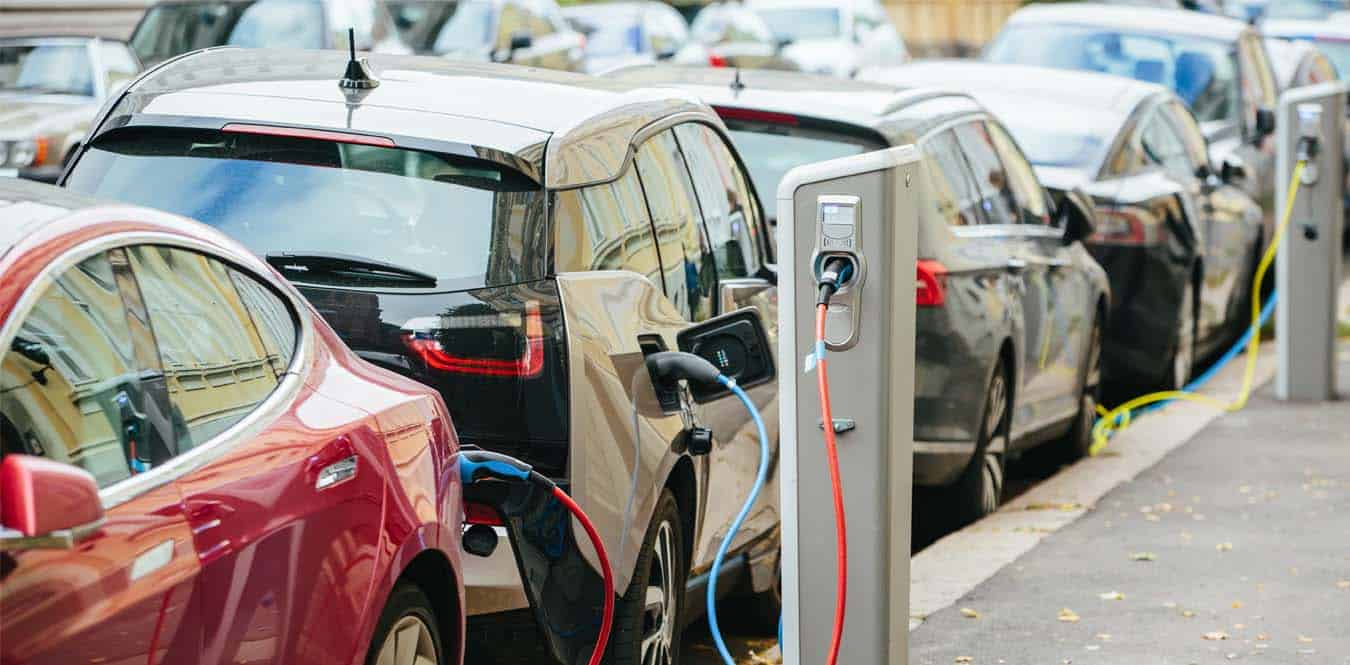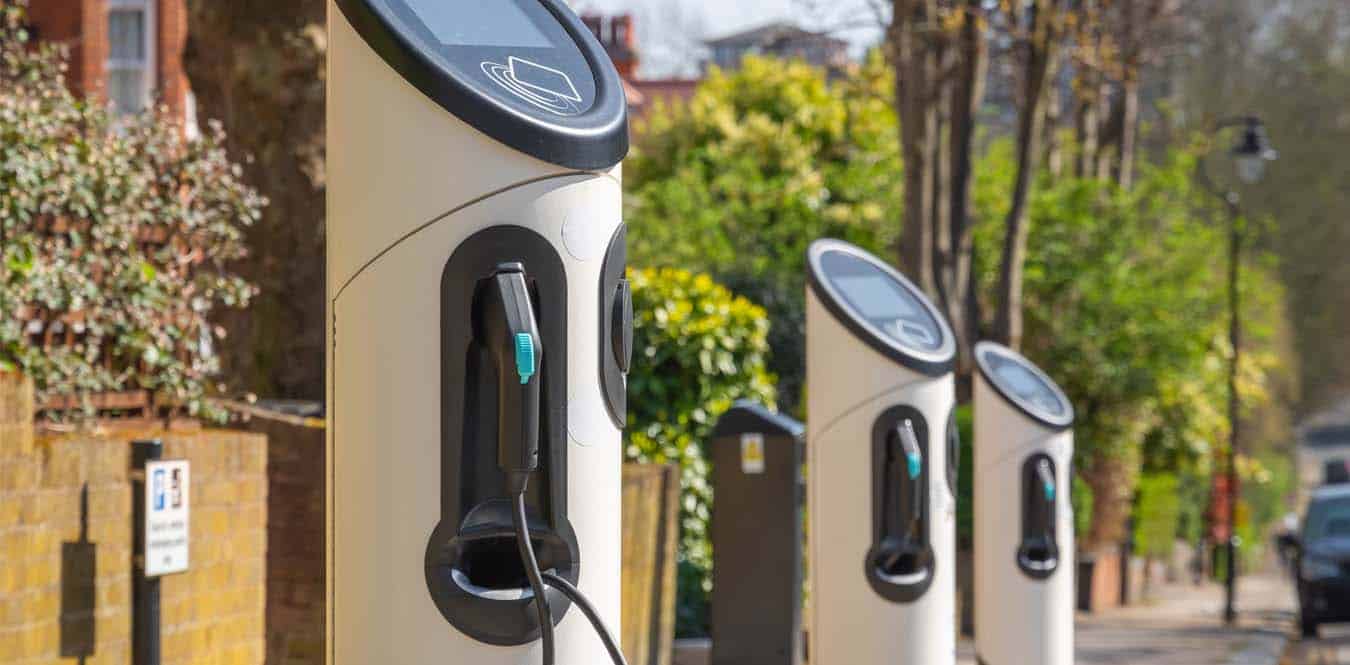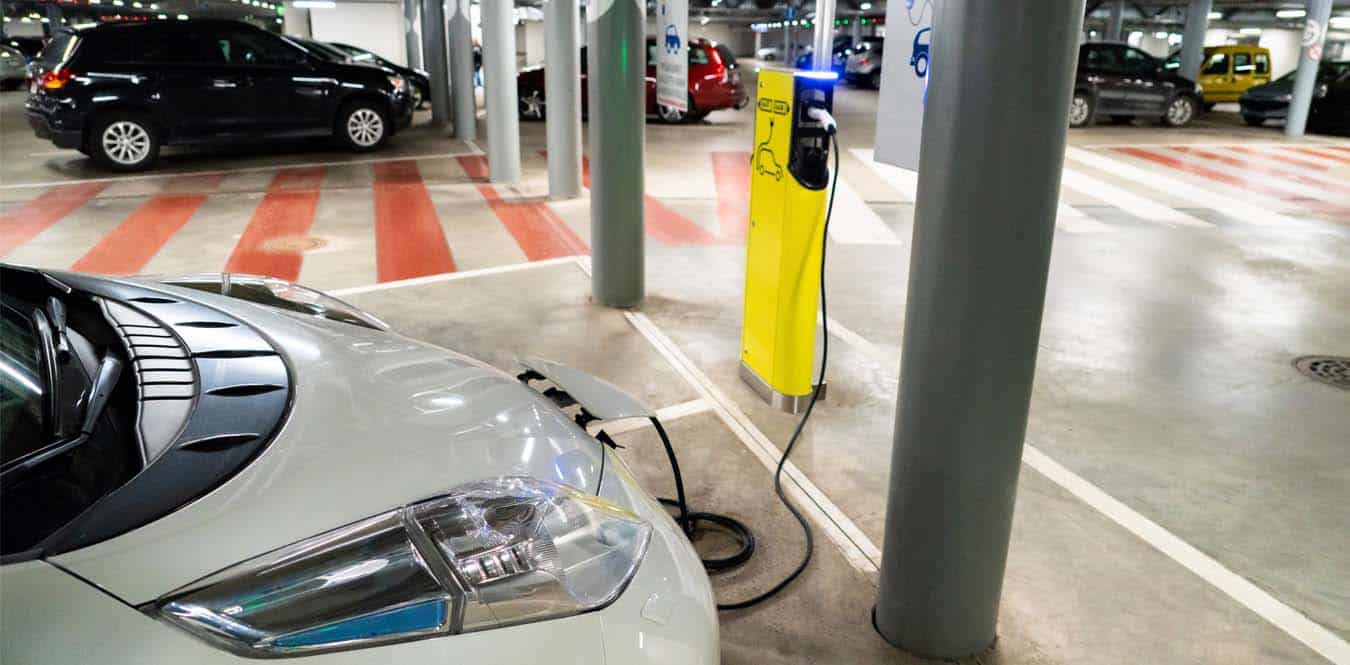Electric Vehicles Come of Age
As we head towards the end of 2021, renewable energy and electric vehicles have been a regular feature in the news. Forecourt fuel delivery issues have seen many UK car owners turned away from fuel stations, making them seriously consider changing from petrol and diesel to electric for the first time.
The sale of electric vehicles (EV) jumped 186% in 2020, with 2022 predicted to show further growth. As uncertainty and fears around petrol and diesel supplies and continue, price rises cause many car buyers to look to an electric future. Despite this increase, the UK still lags behind Germany and Italy in new EV sales.

With the UK Government setting a date of 2030 to ban the sales of new petrol and diesel cars, there hasn’t been a considerable shift in attitudes towards all-electric until now. The slow uptake has been partly due to the Government offering only limited incentives to consumers to make the leap to EV.
Why go all-electric now?
Although there are some grants available, at a maximum of £2,500, this was never going to incentivise most car buyers to switch to EV. The combination of fossil fuel price unpredictability and supply chain issues have focussed the public’s attention on switching to electric vehicles.
There has been a big push by manufacturers to shift to EV production, with many introducing new models covering a more comprehensive selection of vehicle sizes and battery range capable of long-distance journeys. But when it comes to the base facts – fears around fuel supplies will probably be the main factor that drives more EV sales in the coming years.
Immersa’s Business Development Director, Stephen Bradley commented, “At present, the UK electric-car charging infrastructure still requires investment to meet growing demand. You could even say it’s disjointed and complex, but with demand in Electric Vehicles growing from consumers, you can expect significant infrastructure developments over the next few years.”
Stephen continued, “It’s inevitable that the day will come when electric vehicles overtake petrol and diesel models in numbers on our roads. Consumer appetite is growing, and it’s evident, from our enquiries and projects, that the individual car owner, company fleet managers, and those with properties that attract visitors are looking at their options.”
The Question for many is ‘Hybrid or all-electric?’
Switching from traditional fossil-fuel cars puts several options before the consumer, so what are the choices? And why is it essential to understand the differences before you commit to buying?
Three main types of vehicles come under the EV category, depending on what part is electric.
HEV - Hybrid
As the name suggests, these are a mix of traditional petrol or diesel with an electric charging element. Whilst the vehicle is in motion, it charges the battery and will switch to electric power at lower speeds, usually up to 20 mph. With low-speed battery power usage, HEVs are excellent in areas of high congestion and reduce CO2 emissions.
PHEV - Plug-in-Hybrid
The plug-in-hybrid is a halfway house for manufactures, which offers a traditional fossil fuel vehicle with the added benefit of a rechargeable plug-in battery. These are great for shorter journeys up to 50 miles depending on the model, which means you could rarely use petrol or diesel except for longer trips.
BEV - Battery Electric Vehicle
These are fully electric cars that need plugging in to recharge the battery. Although almost all EV cars are considered automatic, they work entirely differently from traditional combustion engine cars.
Unless you are a “Petrol Head”, all-electric vehicles will be far more appealing to most car buyers than a combustion engine car for several reasons:
They require less maintenance
They are much quieter inside and outside
They produce zero emissions
As the technology advances, the performance will match any petrol-powered car
They are safer with less chance of catching fire
Long-term, new car pricing should be less than combustion engine cars due to more straightforward build and fewer parts
The cost of charging is less than half the price of petrol or diesel.
A UK wide charging network to match ambitions
At the moment, if you pull into any car park, your eyes will light up at the glimmer of hope when you see a free space, only to discover it’s for EV charging! But this will start to change over the next few years as the growth in EV car sales starts to overtake non-electric, and the usual race for a space becomes the norm for Electric Vehicles.

But don’t despair – the charging network throughout the UK is growing all the time, with rapid charging technology advancing with every new vehicle launch. Currently, Zap-Map is one of the best sources of information for public charging and the latest EV news.
One major obstacle that needs to be addressed by Government and Local Authorities is the provision of on-street EV charging for residents of flats, apartment blocks and houses without driveway access.
In London, the Mayor’s Office is working with London Councils to help London boroughs install slower standard charge points on residential streets, including retrofitting lamp columns.
There have already been considerable advancements in EV charger technology, and trials are underway with wireless kerb charging, pop-up chargers, lance, and overhead chargers.
This is all good news, but there needs to be a UK-wide concerted effort to ensure all residents have access to an EV charging point in the coming years.
Home charging is the key to success
The most cost-effective way to charge your EV is to plug in overnight at home. On average, it costs less than £10 to charge most EVs, which depending on the range, is a significant saving compared with filling up at the pump. But to truly take advantage of home charging, installing solar PV with battery storage will further reduce the cost of motoring.
Creating charging points for business
Immersa has provided consultancy and installation services for businesses and organisations who want to add EV charging onsite. These range from companies who wish to give employees and visitors access to charging to retail site owners who see this as an opportunity to attract visitors and boost profits from the revenue earned by pay to charge.
There are several benefits to providing workplace charging; these include boosting your green credentials, which is encouraged in today’s world of Corporate Social Responsibility (CSR). You can offer workplace charging as a free or subsidised staff benefit, track kWh charges for company vehicles and contribute to a less polluted environment.
Renewable energy solutions complete your green car journey
We have talked about the issues within the supply chain causing pressure at the fuel pumps, but this year has seen several problems within the fossil fuel energy market caused by gas supply issues. Energy price rises are the inevitable fallout, putting pressure on homeowners and businesses. Recently, as many of you assess your energy bills, you will already have noticed the cost increase. Data and predictions tell us with confidence that we will not see these costs decrease anytime soon.

Immersa is one of the UK’s most forward-thinking renewable energy consultants, who provide cross-sector solutions to developers, businesses and homeowners who want to achieve energy independence. Whether you want to create a utility-scale solar farm to feed into the national grid or use redundant roof space on your commercial property or home, Immersa offers solutions that include solar PV, battery storage and EV charging.
To discuss EV charging or overall renewable solutions, visit our enquiries portal and outline your project. One of our specialist division team members will be in touch to discuss your renewable energy future.
Together, we can change the world of energy for the better.